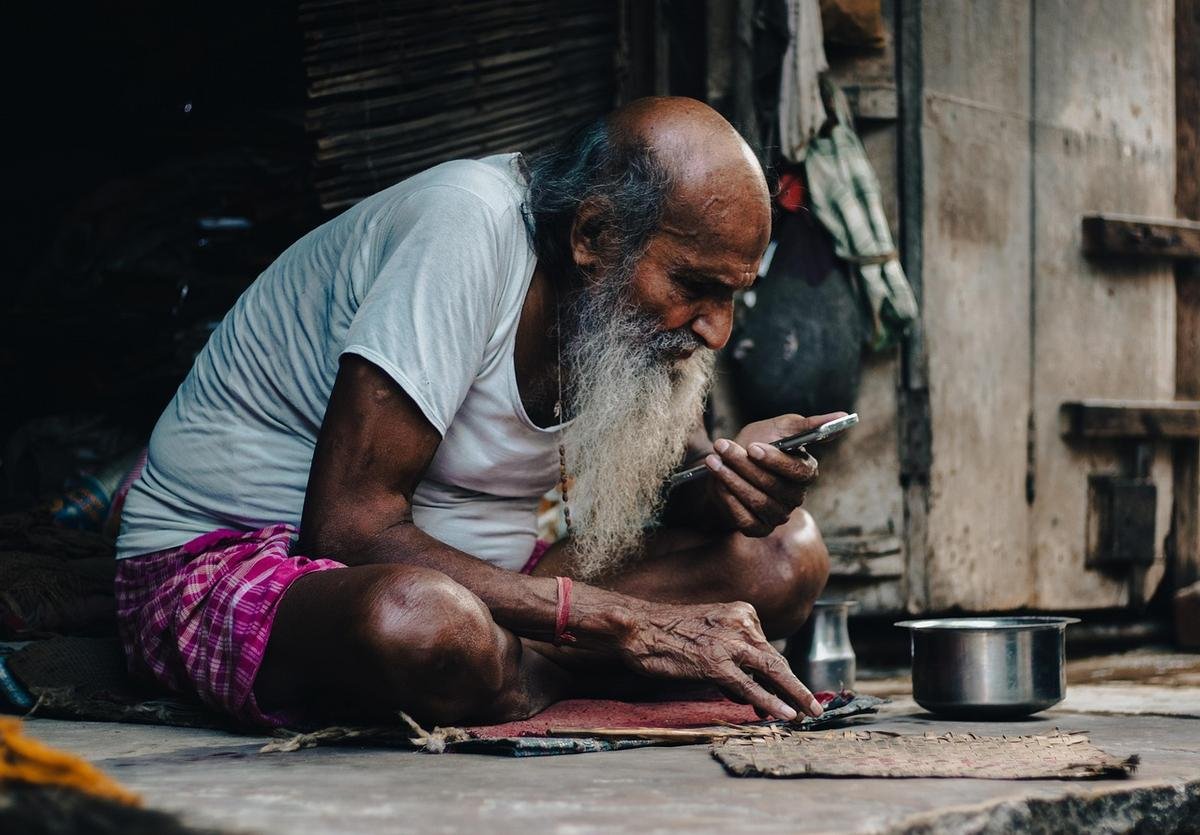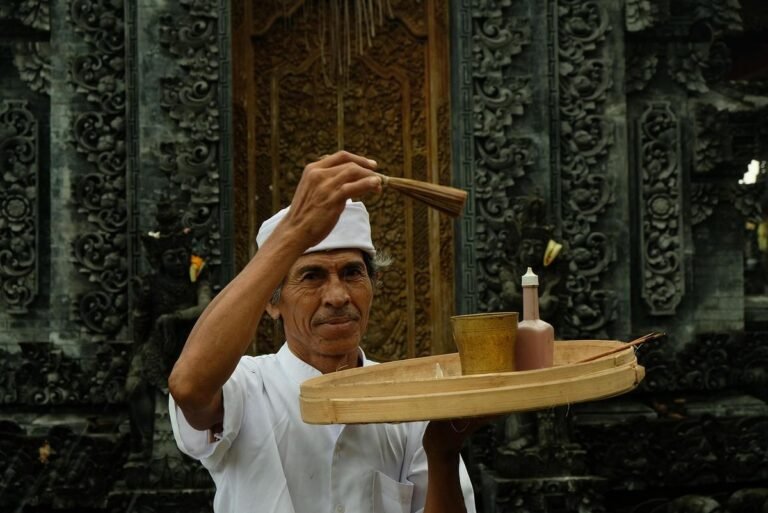King Nabhaga Summons Lord Shiva in Dazzling Yagya Ceremony
King Nabhaga belonged to the Ikshvaku dynasty, a line noted for its firm adherence to justice and a tradition of honoring ancestors. He maintained a reputation for fairness throughout his reign while preserving the family’s spiritual customs. That era’s devotion inspired priests and common folk alike to uphold dharma and adopt rituals passed down by the Ikshvakus. Later, this royal line produced Shraddhadev, a sovereign celebrated for unwavering devotion to Lord Shiva throughout his rule.
Driven by deep reverence for the deity revered by his forebears, Nabhaga organized an elaborate yagya on sacred ground. Devotees and nobles filled the space, offering fruits, grains, and incense, hoping for blessings. Every detail of the ceremony—from sacred chants to the placement of vessels—followed ancient guidelines. The king extended a special invitation for Lord Shiva to preside over the rites in person, treating the event as a chance to reinforce his family’s bond with the divine.
At the start of the yagya, the atmosphere shifted when Lord Shiva emerged in full divine presence. A radiant glow spread across the gathered assembly, lifting the gathering to a level of sacred wonder. Nabhaga knelt in awe, feeling a profound connection as he gazed at the figure he held in highest esteem. He sensed an inner calm that deepened his meditation, as visions of cosmic harmony danced before his mind’s eye.
Recognizing the intensity of his devotion, Shiva offered a boon. “O Nabhaga,” Shiva spoke, His voice resonating with divine harmony, “Your devotion is pure and your intention sincere. Ask for one boon, and I shall grant it.” Moved by humility, the king asked that his life be dedicated indefinitely to the service of Shiva and that he remain worthy of this role. Shiva granted this wish, assuring Nabhaga that the god’s presence would never depart.
The ritual moved forward with intense focus. Nabhaga reached a heightened state of spiritual clarity and forged an unmatched bond with the deity. Following advice from his father, he consulted the Brahmins of the Gotra Angiras to correct mistakes in the Vaishvadev offerings. When the Gotra Angiras priests finished the offerings, they entrusted the accumulated tribute—gold, gems, and fine cloth—to Nabhaga before departing for heaven.
This growing treasury soon captured attention beyond the palace walls. Soon after, a figure known as Krishna Darshan arrived from the north. On a crisp dawn, he approached the royal enclosure upon a pale horse, his tone carrying unshakable certainty as he claimed that the remaining treasure belonged to him. Nabhaga, taken aback, explained that the sages had entrusted the wealth to him for safekeeping.
At his father’s counsel, Nabhaga returned to his ancestral hall. His father reminded him that the holy sages at the Dakshprajapati yagya had decreed that all leftover assets should go to Rudradev. With this knowledge, Nabhaga met Krishna Darshan once more and declared that the funds rightly belonged to Lord Rudra.
Lord Rudra praised Nabhaga for his honesty and obedience. He granted him the eternal element of Brahma and gifted a share of the yagya’s wealth. Armed with Brahmagyan, Nabhaga resumed his devotions and reached the supreme understanding of Brahma. His legacy stands as an example of devotion rewarded by divine grace. This story entered epic lore and inspired future generations to hold their vows in high regard. Ministers, bards, and devotees retold this account at festivals and in temple halls.







